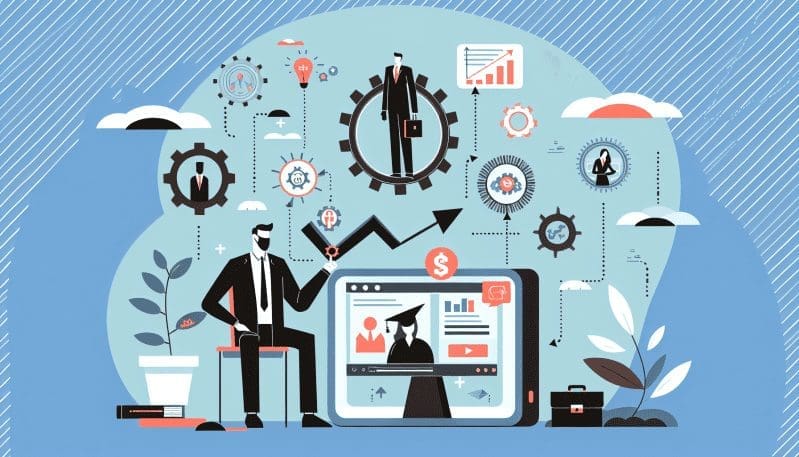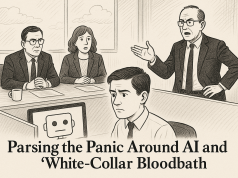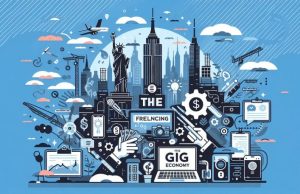In the wake of a global pandemic that has irrevocably altered the fabric of the workplace, organizations are facing unprecedented challenges. With technological advancements accelerating at a dizzying pace, the gap between the skills workers possess and the skills businesses require is widening. This phenomenon has placed upskilling at the forefront of strategic planning, positioning it as a critical factor for enduring success. But as we peel back the layers of this seemingly straightforward solution, we uncover a complex paradox that lies at the heart of workforce development.
The Upskilling Imperative
Upskilling, the process of teaching current employees new skills, is more than a corporate trend or a reactive measure to emerging technologies. It’s an acknowledgment of the evolving nature of work and the recognition that the future belongs to those who are adaptable, resilient, and continuous learners. For employees, upskilling is the key to staying relevant in a job market that is increasingly automated and digitized. For businesses, it is the means to bridging the talent gap, fostering innovation, and maintaining a competitive edge.
However, this imperative is not without its challenges. The velocity of change renders certain skills obsolete in the blink of an eye, while the creation of new roles outpaces the development of educational programs to support them. Organizations must now grapple with not just the ‘what’ and ‘when’ of upskilling, but also the ‘how’ and ‘for whom.’
The Disparity Dilemma
The upskilling narrative is often celebrated as an inclusive strategy that promises opportunities for all. Yet, in practice, it underscores the deep-seated inequities that pervade our educational and professional landscapes. Access to upskilling programs is disproportionately skewed in favor of those who are already ahead, widening the chasm between the ‘haves’ and ‘have-nots.’ Those with limited resources—be it time, money, or access to technology—find themselves on the fringes of the upskilling revolution.
Moreover, the pandemic has cast a stark light on these disparities, with the shift to remote work and learning exposing the digital divide like never before. Organizations and recruiters play a pivotal role in addressing this dilemma, but it requires a thoughtful approach that goes beyond ticking diversity boxes or launching token initiatives.
The Recruiters’ Responsibility
Recruiters are the architects of the workforce, and with that role comes a profound responsibility. As the conduits between prospective talent and organizations, they are uniquely positioned to drive change. By advocating for inclusive upskilling programs and championing non-traditional candidates who demonstrate potential, recruiters can dismantle barriers and cultivate a more equitable talent pipeline.
Organizations such as XYZ Corp and ABC Inc. serve as case studies in this regard. They have transcended traditional recruitment paradigms by partnering with non-profits and educational institutions to deliver tailored upskilling initiatives to underserved communities. These programs not only empower individuals but also benefit businesses by tapping into a more diverse and innovative pool of talent.
The Future of Workforce Development
As we project into the future, it is clear that upskilling is more than a short-term fix; it is a fundamental component of workforce development. But its sustainability is in question. Are we building systems that truly uplift and democratize education, or are we simply perpetuating existing disparities under a new guise?
It is imperative that we address these issues with introspection and courage, recognizing that the path to a more adaptive and skilled workforce may require a systemic overhaul of our professional development ideologies. The time is ripe for a new narrative—one that values potential over pedigree, adaptability over experience, and inclusivity over exclusivity.
In closing, the paradox of upskilling is a clarion call for introspection and action. Organizations, recruiters, and employees must come together to navigate the intricate landscape of workforce development. The post-pandemic era has offered us a unique opportunity to reshape the dynamics of work, worker, and workplace. The question remains: will we rise to the challenge?
In our next discussions, we will delve deeper into the strategies and policies that can facilitate this transformation, ensuring that upskilling is a tide that lifts all boats, not just the gilded yachts.




























